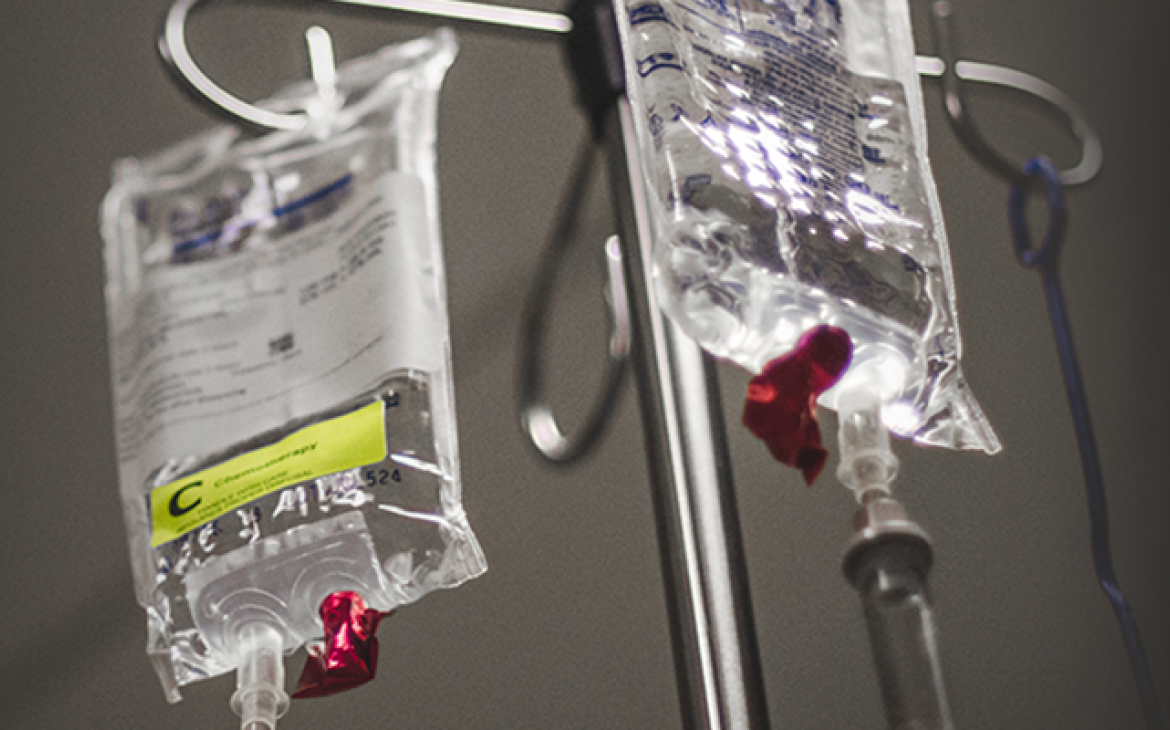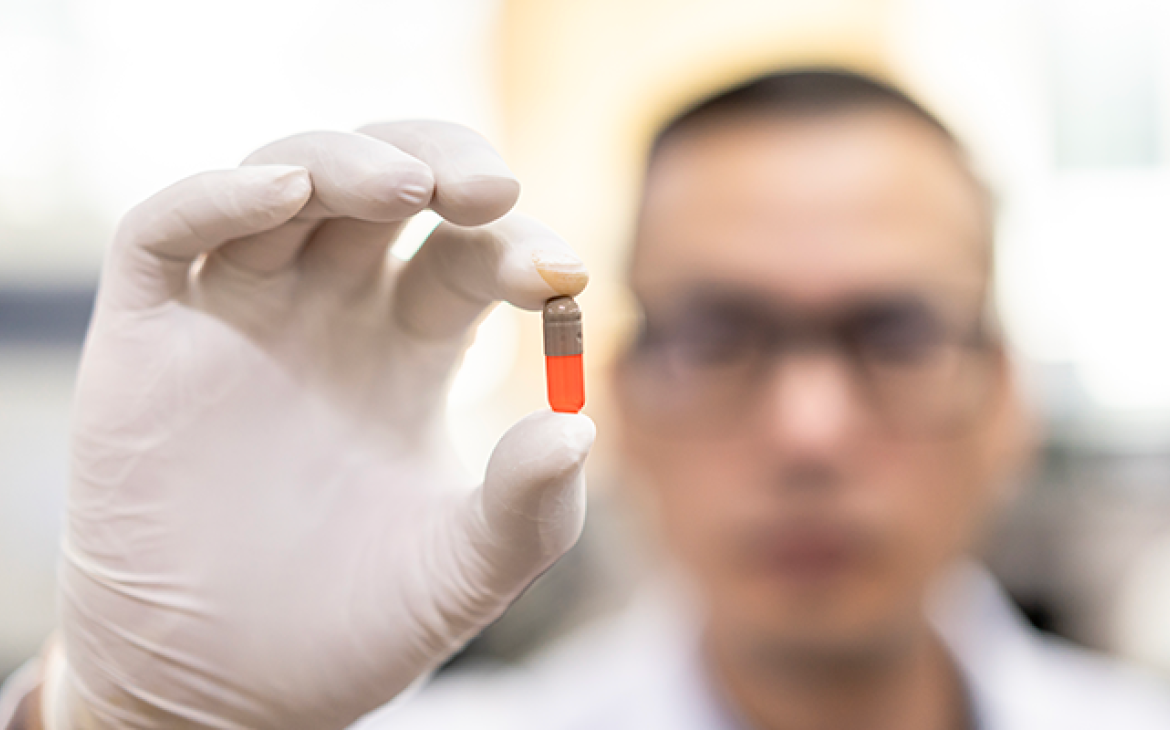
In recent months, supply chain challenges have been the subject of much media coverage and political dialogue. And for good reason. While many of the challenges aren’t new, COVID-19 has added urgency and an opportunity to strengthen the resilience of the pharmaceutical supply chain.
The truth of the matter is the supply chain for medicines is complex and spans the globe – no government, organization, or company has all the solutions or capacity to strengthen the supply chain alone; perspectives, input, expertise, and resources from many sectors are needed.
Bringing together diverse perspectives
In fall of 2021, USP commissioned a survey to understand physicians’ perspectives on the need to make the medicines supply chain more resilient against future disruptions. A large majority of respondents reported that their trust in the ability of the supply chain to deliver safe, quality medicines has eroded and believe that the responsibility for solutions falls on multiple, different stakeholders.
USP has a long history of bringing together stakeholders with diverse perspectives. With nearly 500 Member Organizations from across the medicines supply chain, the USP Convention represents patient, provider, scientific, regulator, and industry perspectives and plays a central role in advancing USP’s vision of a world in which all have access to safe, quality medicines. Leveraging the expertise and experience of our Member Organizations, we have launched a new event series—the Convention Exchange—to address barriers and potential solutions to building a more resilient pharmaceutical supply chain.
Overcoming barriers
Our first Convention Exchange event took place on February 25, 2022, and focused on advanced manufacturing technologies (AMTs). AMTs, such as pharmaceutical continuous manufacturing (PCM) and 3D printing of medicines, have great potential to strengthen the supply of critical drugs and active pharmaceutical ingredients, but significant barriers to their adoption persist.
The meeting featured a rich discussion led by a panel of Member Organization experts. Jennifer Luray, Vice President of Strategy and Communications, Research!America, discussed the significance of public-private partnerships in advancing the adoption of AMTs, as well as greater acceptance for these partnerships by the U.S. Food and Drug Administration and Congress as a result of successes during the pandemic. Lisa Parks, Vice President of Sciences and Regulatory Affairs, Association for Accessible Medicines, spoke about the significant challenges generic manufacturers face around adoption as well as the need for legal and regulatory clarity to enable future implementation. And Kelley Rogers, Technical Program Director for Biosciences/Material Measurements Laboratory, National Institute for Standards and Technology, shared that while regulators and industry have a common goal to create safe and effective medicines, industry must also consider the risks of development costs and speed-to-market; if government can do more to account for these business concerns, Rogers noted that will help “de-risk” adoption of new technologies. The panelists and several attendees also discussed the need to prepare for the future workforce to ensure quality in adoption of innovative infrastructures.
USP staff also provided an overview of our evolving work on standards, advocacy and capability building in support of AMT adoption. Among these are a collaboration with U.S. FDA and the National Institute for Pharmaceutical Technology & Education on a knowledge center dedicated to PCM; developing quality standards and in-process analytical testing methods to guide continuous manufacturing of essential medicines manufactured in the U.S., in partnership with Phlow Corporation; and building a consulting offering to provide start-to-finish support to manufacturers on PCM.
Preparing for future supply chain disruptions
The last two years have made it clear that business as usual is insufficient when it comes to ensuring a resilient pharmaceutical supply chain. Dialogue and actionable solutions must come from all sectors to ensure the supply chain is prepared to withstand future pandemics and other major disruptive events.
USP’s next Convention Exchange event will be held on April 1, 2022, and will focus on bolstering key points along the medicines supply chain. We’ll hear from Convention Members on the challenges their organizations are addressing, and USP will report on its initiatives to help prepare the supply chain for disruptions and increase access to quality medicines.


